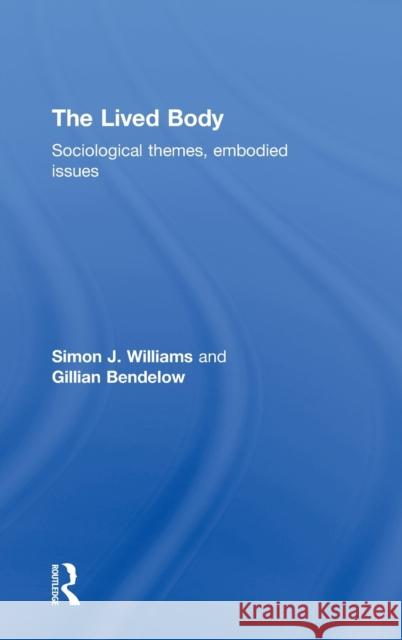The Lived Body: Sociological Themes, Embodied Issues » książka
The Lived Body: Sociological Themes, Embodied Issues
ISBN-13: 9780415194259 / Angielski / Twarda / 1998 / 272 str.
The Lived Body: Sociological Themes, Embodied Issues
ISBN-13: 9780415194259 / Angielski / Twarda / 1998 / 272 str.
(netto: 932,90 VAT: 5%)
Najniższa cena z 30 dni: 881,54
ok. 16-18 dni roboczych.
Darmowa dostawa!
This text critically examines the notion of human embodiment in both classical and contemporary thought. The ideas of a range of thinkers from Marx to Freud, Foucault to Giddens, Deleuze and Guattari to Irigary and Grosz are assessed in terms of the bodily themes and issues they address. By using the notion of embodiment to transcend the dualist legacies of the past this book argues that the body is not simply a textual effect or discursive construct. Rather, embodiment is the active basis of being in the world and the foundation of self, meaning, culture and society. It is not therefore a question of choosing between the experimental and representational aspects of the human body, but of exploring their dialectical relationship to one another. These issues are illustrated through a variety of themes, including the fate of embodiment in late modernity, sex, gender and the medicalization of the body, the sociology of emotions, pain, sleep and artistic images and representations of the body.











